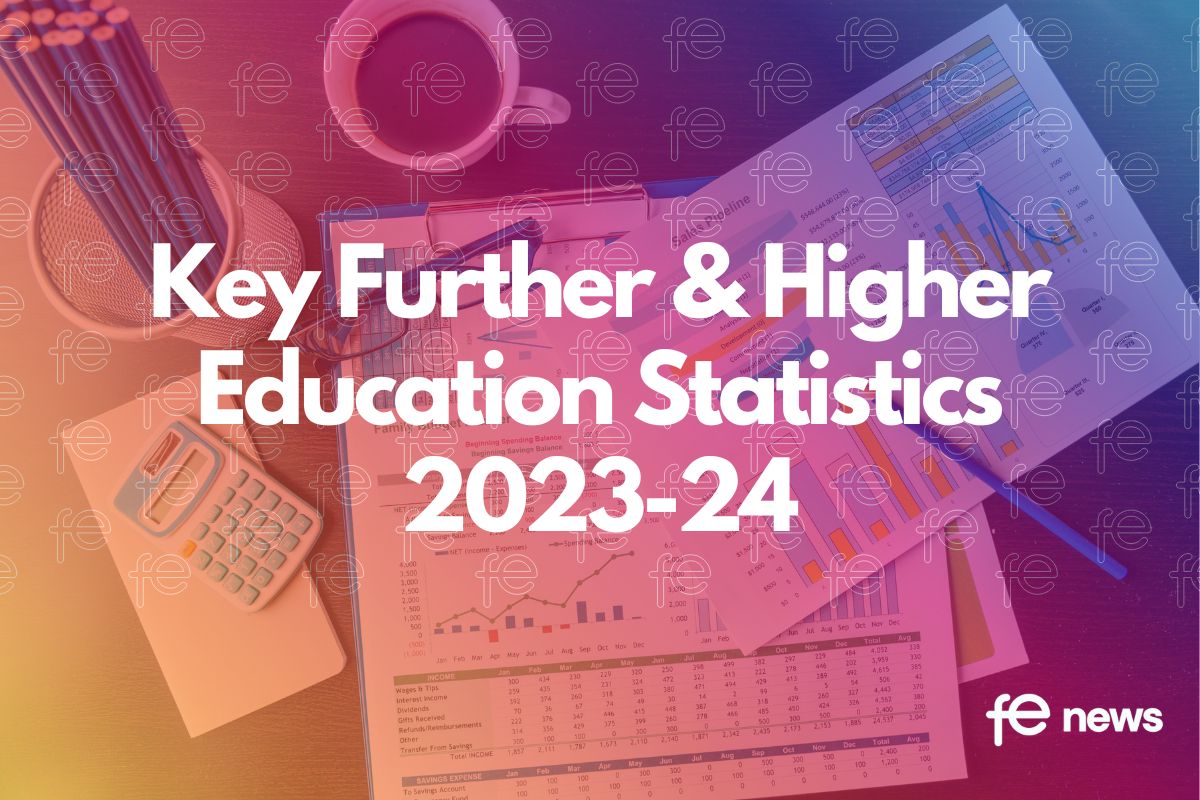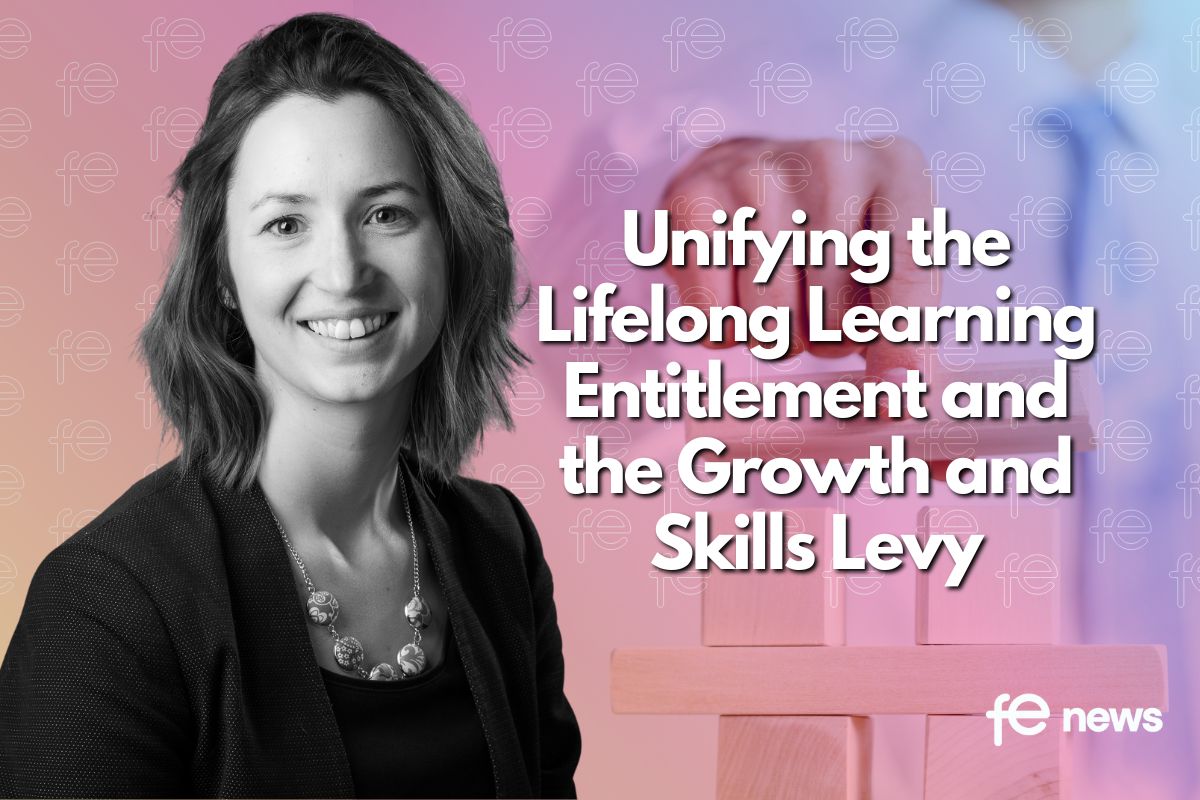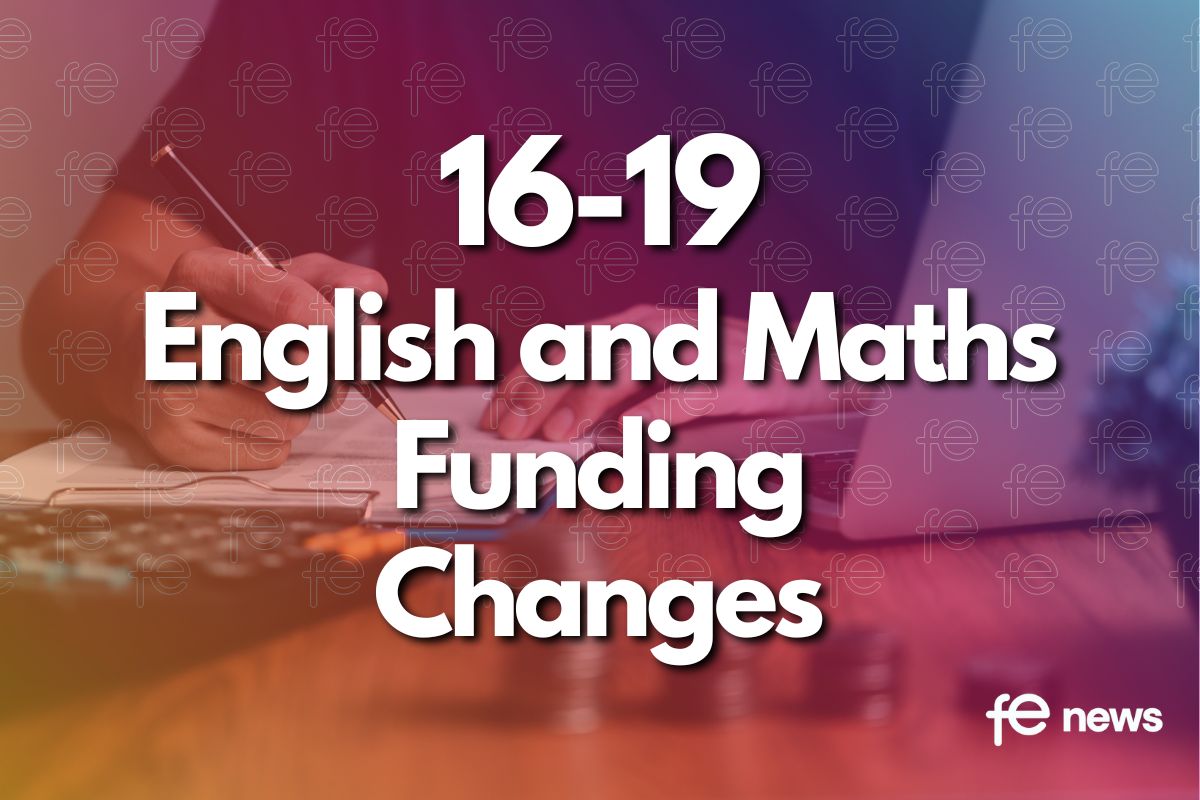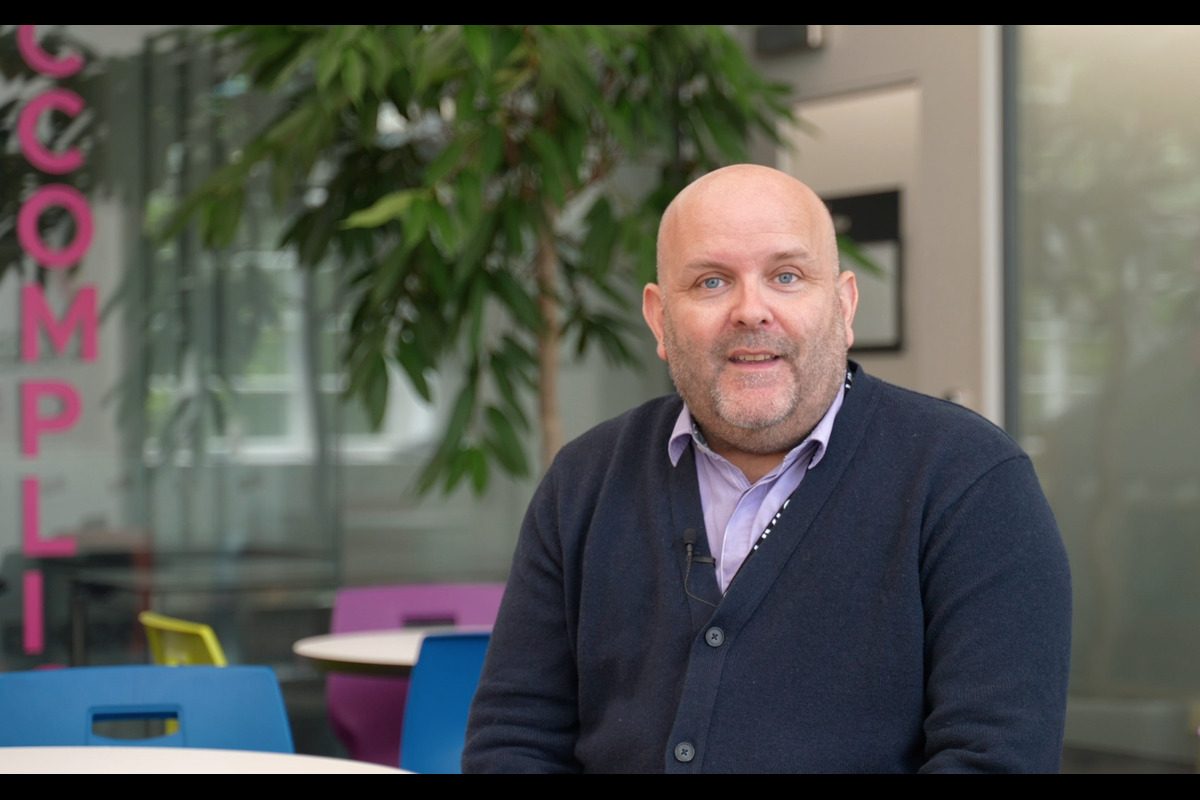One in three university applicants miss lessons due to mental health but show more resilience

The Unite Students 2023 Applicant Index is the only research of its kind to survey applicants before they arrive at university
Unite Students updated its student support framework and last year launched ‘Support to Stay’, which aims to provide students with a supportive living environment
Almost one in three applicants (30%) will start university this September with a history of missing education due to their mental health, according to the Unite Students 2023 Applicant Index.
Figures from the UK’s only index which asks students about their lives before they attend university and tracks cohorts’ changing attitudes, highlight that nearly 154,000* applicants looking to enrol in UK universities this September were absent from lessons at schools, colleges and sixth-forms in the last two years due to their mental health.
One in 14, a total of almost 37,000*, missed more than 20 days due to mental health, the results show.
Despite this, applicants are more resilient this year, compared to last. This year’s applicants are also clearer about their future goals and more likely to take on short-term discomfort for long-term gain.
As the UK’s largest student accommodation provider, Unite Students was the first in its sector to introduce student support teams and announced its ‘Support to Stay’ programme last year.
Building on the launch of its successful student support team in 2015, Unite Students updated its student support framework and last year announced, ‘Support to Stay’, which aims to provide students with a supportive living environment to fulfil their potential, particularly when experiencing medical, physical or mental-health difficulties.
Missing lessons due to mental health was more prevalent among pupils with a mental health condition, neurodivergence or disabilities, this year’s survey shows. However, 15% of students with no declared disability or mental health condition also missed school or college due to their mental health. These students were likely to have had a shorter period of absence.
Over half (56%) of those with a disability or mental health condition have disclosed it to their university and a further 26% plan to. But almost one in five (18%) of applicants with a disability say they have no plans to disclose it to their university. These applicants are more likely to have a mental health condition or be neurodivergent.
The index is based on a survey of 2,141 university applicants planning to start an undergraduate degree in the 2023-24 academic year. It covers finance, community, resilience, wellbeing, sustainability, learning and employment and provides insight into the needs, wants and level of preparedness of the new cohort of first-year students. Absence from education due to mental health is a new key finding.
Applicant independence has been assessed for the first time in the survey this year, with positive responses. Just 10% of applicants reported not being confident about making decisions for themselves, 14% are not confident about living independently and 15% do not know where to go to access support such as healthcare. Among applicants who have a mental health condition or are neurodivergent, there is a lower level of confidence about living independently.
Applicants also add they are more positive about their relationships with friends, family and other students, and more likely to think they have people they can turn to in a crisis.
Last year’s index revealed a cohort that was academically confident, but experienced the highest level of mental health challenge of any new intake in recent times. This year’s results are a further insight into the needs of a new cohort of students before they begin higher education, to help universities and other sector stakeholders prepare ahead of their arrival.
Richard Smith, Chief Executive of Unite Students, said:
“We are proud to publish for the second year running this unique index about university applicants, the first of its kind in the UK. It is encouraging that the number of applicants showing resilience and who are clear about their goals has risen this year. However, applicants’ absence from lessons due to mental health further demonstrates just how important Unite Students’ Support to Stay framework is in helping to provide students with a living environment to fulfil their potential.”
The Unite Students 2023 Applicant Index is published in partnership with the Higher Education Policy Institute. HEPI and Unite Students will host a webinar to discuss the results and issues raised in the index on 11th July. Register here.
Nick Hillman, Director of the Higher Education Policy Institute, said:
“The present generation of school and college learners have faced unprecedented challenges. The mental health of young people had taken a big knock even before the shock of the pandemic and it worsened during the crisis. These mental health absence figures are an eye opener in terms of how many vital lessons a significant number of students may have missed and the support they may need at university.
“I am a strong supporter of this Unite Students annual applicants’ survey. Before the survey existed, there was – amazingly – no regular stocktake of the views of those on their way to higher education. Knowing what applicants think about higher education before they arrive in higher education is incredibly useful.”
The full report is available to download here.










Responses